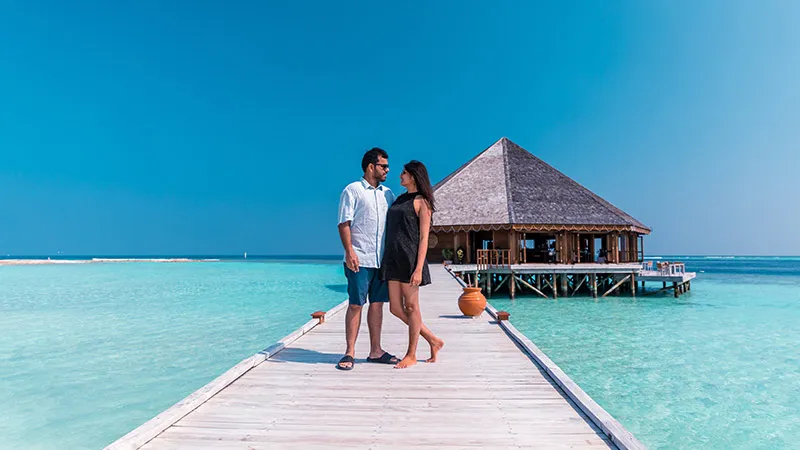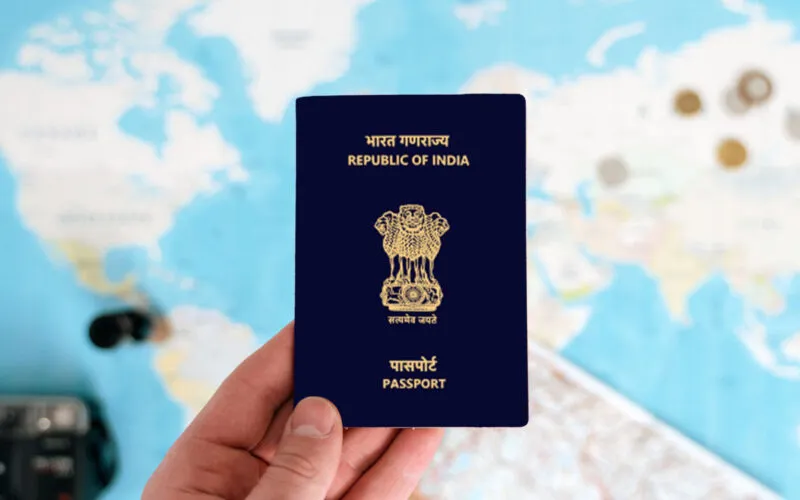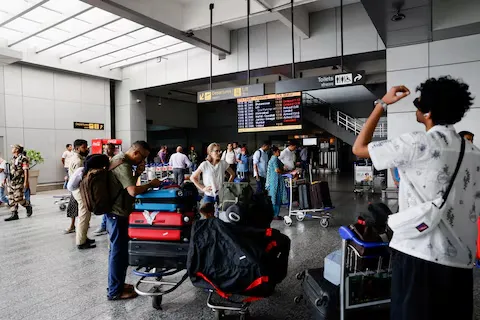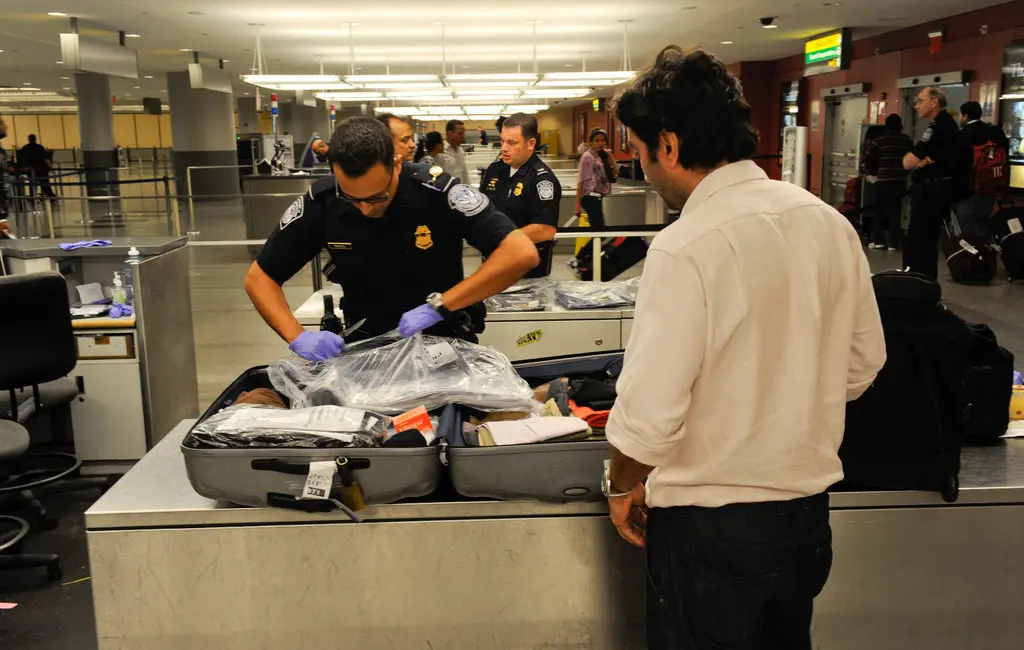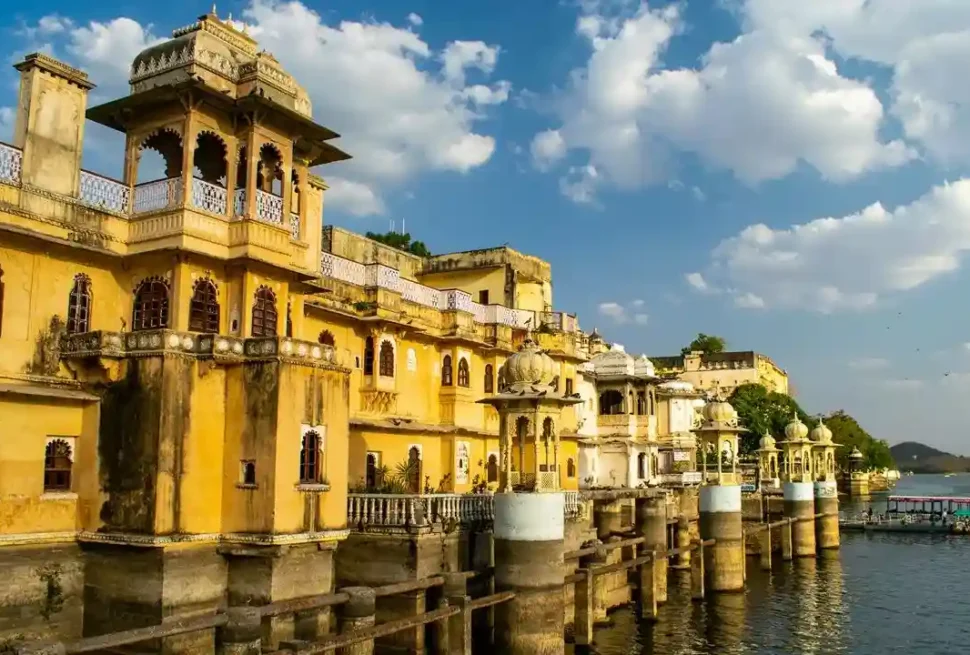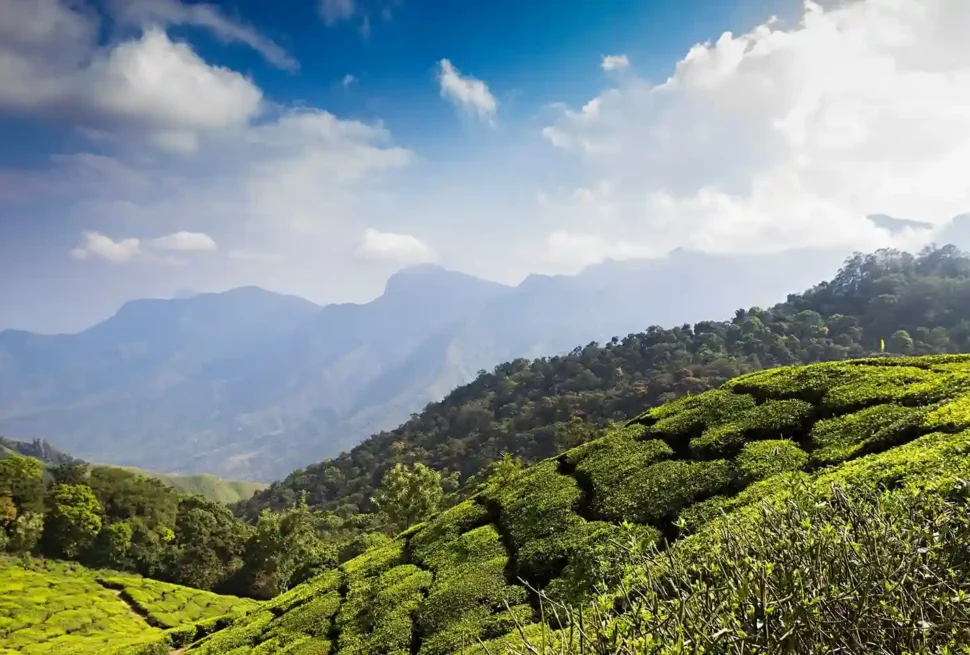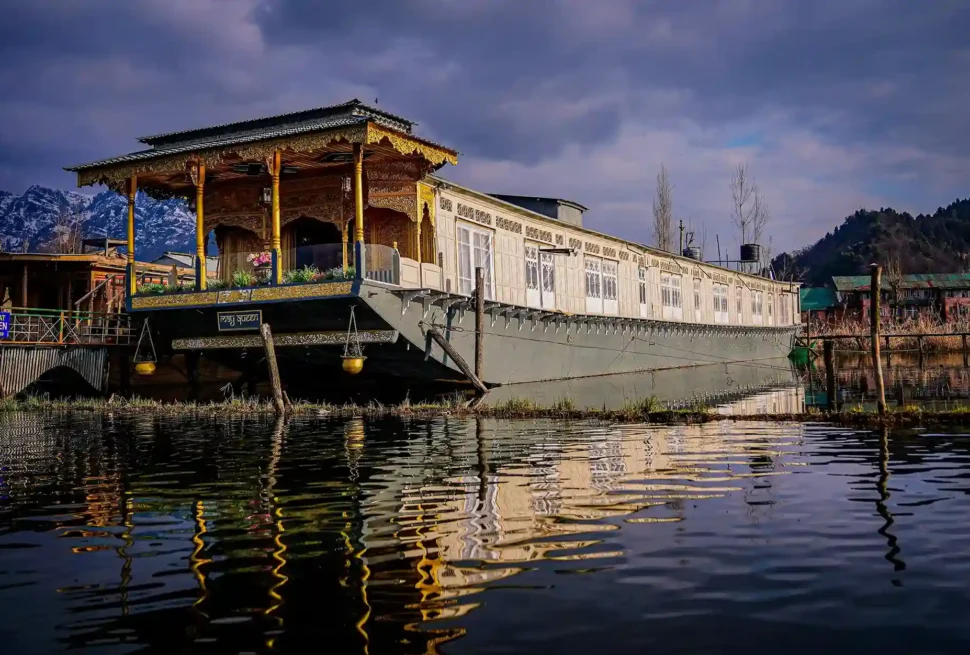When it comes to international travel, preparation isn’t optional — it’s essential. And no one understands that better than us. With over two decades of firsthand experience assisting Indian travelers, we’ve learned what truly matters before you leave Indian soil.
This isn’t another generic guide. This is the gold standard — built on years of working with embassies, resolving rejected visas and ensuring seamless departures. If you’re serious about traveling abroad without facing rejection, delays or embarrassment at immigration, read every line.
1. Start with Destination Planning — But Do It Smartly
Every country has its own visa policy. Categorise your destination correctly before you book:
- Visa-Free Countries: No visa needed (e.g., Bhutan, Maldives, Nepal).
- Visa-on-Arrival: Granted upon landing (e.g., Thailand, Sri Lanka, Cambodia).
- E-Visa: Apply online before travel (e.g., UAE, Kenya, Turkey).
- Sticker Visa: Requires a physical application at the embassy (e.g., USA, UK, Canada, Schengen zone).
Most visa rejections begin with poor planning or choosing the wrong entry strategy. Start here and get it right.
2. Your Passport is the Foundation of All Travel
Never underestimate the importance of your passport. Ensure:
- Minimum 6 months of validity beyond your return date.
- At least 2 blank pages for stamping.
- No significant damage, loose binding or unreadable information.
Travelers often arrive at the airport only to be denied boarding due to a technicality. As professionals, we double-check every passport — and you should too.
3. Visa Documentation: One Mistake Can Cost Your Entire Trip
The visa process is documentation-driven. That means no shortcuts, no guesswork. Depending on your destination, ensure you have:
- Valid passport with recent photos (country-specific size).
- Confirmed return flight and hotel bookings.
- Day-wise itinerary and travel cover letter.
- 3 to 6 months bank statement (with balance appropriate for your trip).
- Income Tax Returns (2 years minimum).
- Salary slips or business registration certificate.
- Travel Insurance as required by destination.
- If visiting friends/family: Invitation letter, passport copy of host, proof of relationship.
We’ve handled thousands of applications. The difference between approval and rejection often lies in just one missing line in your cover letter or a bank statement not matching your stated income. Accuracy is everything.
4. Financial Proof: Your Application is Only as Strong as Your Paper Trail
Many Indians underestimate the importance of financial credibility. Embassies don’t care what you say — they look at what you can prove.
Maintain:
- Stable bank balance for the last 3–6 months.
- Clean, verified financials (no random spikes).
- Proper explanation of large transactions (if any).
- Minimum threshold per destination (e.g., ₹1.5–2.5 lakh per person for Europe or UK).
We’ve seen travelers lose their visa due to poor banking hygiene — not because they couldn’t afford the trip, but because they couldn’t prove it cleanly.
5. Processing Times: Book Smart, Not in Panic
Visa processing isn’t always predictable. Plan ahead:
- E-Visas/VOAs: 24 hours to 7 working days.
- Embassy Visas: 10 to 30+ working days.
- During peak seasons (April-June, Sept-Dec), embassies are flooded — delays are normal.
We always recommend starting the visa process at least 6 weeks before departure. Never gamble with last-minute applications. Flights can be changed — visa rejections have long-term consequences.
6. Transit Visas: The Silent Mistake Most Travelers Make
If you’re transiting through countries like the UK, Germany, France, or Canada, verify if you need a Transit Visa — even for airport stays.
Many travelers assume they’re safe just because they’re not stepping outside. That’s false. We’ve seen travelers deported from airports for this oversight. Always double-check.
7. Travel Insurance Isn’t Optional Anymore — It’s Non-Negotiable
Especially for Schengen, UAE, Russia and even parts of Southeast Asia, insurance is mandatory.
Requirements:
- Minimum coverage: USD $30,000–$100,000.
- Must cover medical emergencies, hospitalization, evacuation.
- Dates must match your travel window exactly.
We advise insurance for every international traveler — even where it’s not mandatory. It’s protection, peace of mind and proof of seriousness in your application.
8. Health Rules & Vaccine Protocols: Small Details, Big Impact
Stay updated with:
- Yellow Fever: Required for parts of Africa and South America.
- Polio Certificate: Required for certain countries like Saudi Arabia.
- COVID: Rules are still dynamic — check the latest mandates, especially for return travel.
Don’t rely on hearsay. Official embassy websites and your visa consultant are your best sources.
9. Immigration Preparation: What You Say Matters
Having a visa doesn’t guarantee entry. Immigration officers have the final say.
Be ready with:
- Return ticket and hotel confirmation.
- Travel insurance copy.
- Purpose of the visit was explained clearly.
- Local currency or international card.
- Address and contact details of your stay.
We’ve seen travelers pulled aside, interrogated or even deported — not for anything illegal, but for being unprepared or nervous.
10. First-Time Travelers: You’re Under More Scrutiny
If this is your first international trip:
- Your profile must show strong ties to India (job, property, family).
- Don’t take the visa process lightly — embassies are cautious with first-time applicants.
- Ensure no discrepancy between your intent and documents.
We often review first-time applications line-by-line because your credibility is under higher observation.
11. Forex, Connectivity & SIM Cards — The Travel Tech Stack
Before you travel:
- Carry local currency for at least 1–2 days’ expenses.
- Use Forex Cards for safety and better conversion.
- Enable international usage on your debit/credit cards.
- Buy a local SIM or activate international roaming.
These aren’t luxuries — they’re essentials in case of emergencies.
12. Digital Readiness: Smart Travelers Store Smart
We recommend all clients keep a cloud backup (Google Drive, Dropbox) of:
- Passport (scanned)
- Visa copies
- Insurance
- Tickets & bookings
- Emergency contact sheet
In lost-luggage or theft cases, this backup can save your trip.
13. Customs, Baggage & Return Duty Rules
Before you return:
- Know what’s allowed: alcohol, electronics, gifts
- Declare gold or valuables above ₹50,000
- Alcohol limit: 2L per adult (check country-specific rules)
- Keep purchase receipts
Don’t return with joy and land in trouble at Indian customs. Know the law.
14. Special Situations: Kids, Business, Solo Female Travelers
If you’re:
- Traveling with minors: Carry birth certificate, NOC from other parent
- On business: Have an invitation letter, event confirmation and business credentials
- Solo female traveler: Have detailed plans and accommodation confirmation — some countries ask during immigration
We prepare all documentation as per your profile — because every traveler is unique.
15. What Sets Our Clients Apart (and Why They Never Panic)
Our travelers:
- Never face immigration confusion
- Never struggle with last-minute paperwork
- Never deal with rejections due to “unclear funds”
- Always know what to expect — from visa appointment to baggage belt
Why? Because we prepare them like professionals, not like tourists.
Conclusion: Travel Is Not Just a Journey — It’s a Process
International travel is not about chance. It’s about being deliberate. Documents, timelines, bookings, health rules, financials — everything matters.
If you’re serious about your journey — be it a honeymoon, business trip, or family vacation — take your documentation, visa, and planning as seriously as your destination.
We’ve helped over 100,000 Indian travelers in the last 25 years. The ones who listen, prepare, and follow through — they never call us in panic from the airport. Because they never have to.
Need visa support, document assistance or full travel planning? We don’t just book tickets — we ensure peace of mind.
Ready to plan your trip? Speak to India’s most trusted Honeymoon Plan My Honeymoon.
FAQs
What is the minimum passport validity required for international travel from India?
Most countries require your passport to be valid for at least 6 months from the date of travel and have at least 2 blank pages for visas and stamps.
Do I need a visa for every country I visit?
Yes, unless the country is visa-free for Indian passport holders. Some offer Visa-on-Arrival or E-Visa, but many still require a pre-approved visa (e.g., USA, UK, Schengen countries).
How much bank balance should I have to apply for an international visa?
It varies:
Southeast Asia: ₹50,000–₹1,00,000 per traveler
Europe/Schengen, UK, Canada, USA: ₹1.5–₹4 lakhs+
Also, ensure the amount is consistent over 3–6 months, not just deposited recently.
When should I apply for my visa?
Ideally 30–60 days before your departure. Some countries take longer during peak travel season. Last-minute applications increase the risk of rejection or delays.
Is a return ticket mandatory for visa or immigration?
Yes. Most countries require proof of return or onward travel to grant a visa or allow entry at immigration checkpoints.
Is travel insurance compulsory for international trips?
Yes, for many countries:
Mandatory in Schengen Zone, Russia, UAE
Highly recommended everywhere for medical emergencies, baggage loss and delays.
What extra documents do I need if traveling with children?
You may need:
Child’s birth certificate
NOC (No Objection Certificate) if one parent is not traveling
Parent’s passport and visa copies
Can my visa get rejected even if I have all documents?
Yes. Common reasons include:
Weak financial profile
Unclear purpose of visit
Suspicious travel history
Incomplete/incorrect documents
Not showing strong ties to return to India
What should I do if I’ve been denied a visa before?
Be honest about past rejections when applying again. Prepare a stronger application, explain the reason (if known), and consult a visa expert to improve your chances.
Should I carry cash or Forex card when traveling abroad?
Both. Use a Forex card for safety and better exchange rates. Carry some local currency in cash (e.g., USD, Euro, THB) for taxis, tips and emergencies.
What questions can I expect at immigration?
Be prepared to answer:
Why are you visiting?
Where will you stay?
How long will you be staying?
Do you have a return ticket?
Do you have sufficient funds?
Can I use my Indian SIM card abroad?
You can if you activate international roaming, but it’s expensive. A better option is to buy a local SIM or use international roaming data packs or eSIMs.
Can I travel internationally with an Aadhaar card or PAN card?
No. Only your passport is accepted as valid ID for international travel. Aadhaar and PAN are not recognized by immigration or foreign authorities.
What should I pack for my first international trip?
Essentials include:
Passport & visa
Photocopies (physical and digital)
Insurance documents
Forex card/currency
Power adapter
Prescription medications
Travel apps pre-installed
Travel-size toiletries
Where can I find the Indian embassy contact abroad?
Visit www.mea.gov.in or Google “Indian embassy in [Country]”. Always save the local Indian embassy or consulate number before traveling.
